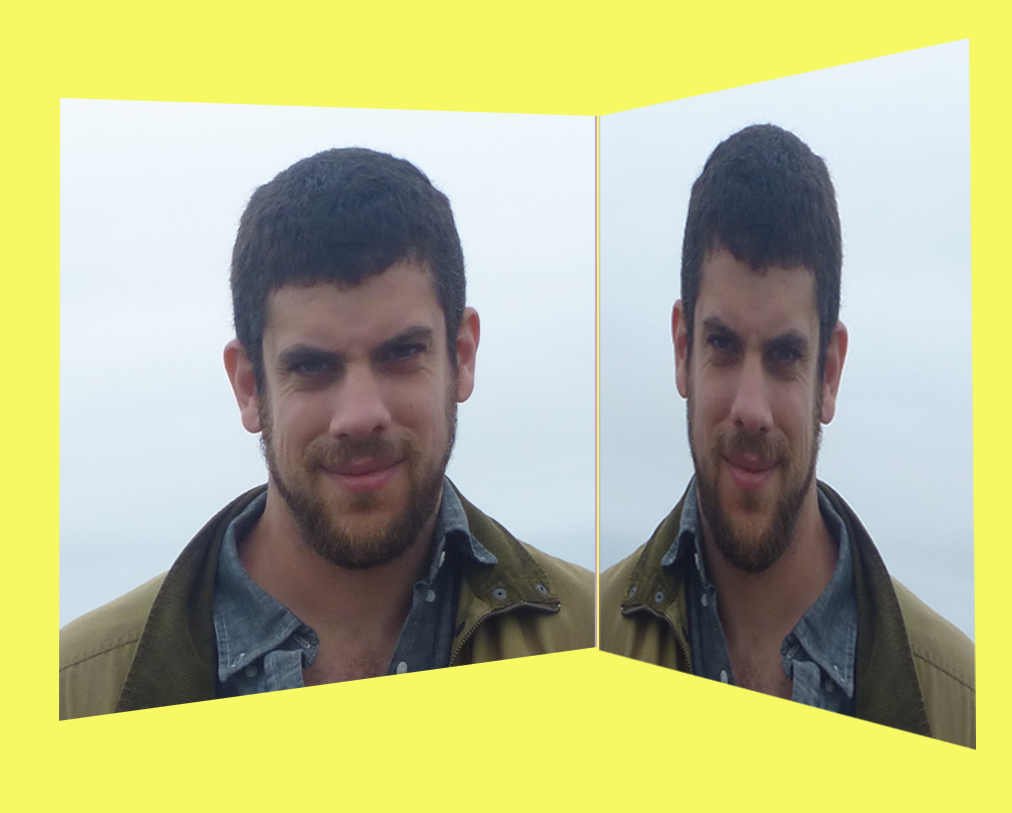2018 Sanders Philosophy of Mind Prize Winner
Jonathan Simon, postdoctoral associate in the Department of Philosophy at New York University (NYU) and a research fellow at the school’s Center for Mind, Brain, and Consciousness, is the winner of the 2018 Sanders Prize in Philosophy of Mind.
The prize, provided by the Marc Sanders Foundation, includes $10,000 and publication of the winning essay in Analytic Philosophy.
Dr. Simon won the award for his paper, “Experiencing Left and Right in a Non-Orientable World.”
Here’s the abstract:
Consider the totality of your phenomenal experience right now — your total experience. Is there a total experience which is phenomenally different from yours, but which differs only by a mirror symmetry, the way that a picture of a left hand differs from a picture of right hand, or is there no phenomenal difference between a total experience and its mirror-reversal? If you think that there is a phenomenal distinction between an experience and its mirror reversal (a position Chalmers dubs `e-categoricalism’) then you may find it intuitive that your mirror twin—someone who is a molecule-for-molecule mirror reflection of you—in general has a different experience than you. After all, if you are looking at your left hand, she is looking at her right hand. Lee (2006) argues, however, that your mirror twin must be your phenomenal twin, if relationalism about space is correct. Paired with e-categorialism this has puzzling consequences. Here, I begin by challenging Lee. I argue that even given relationalism about space, your mirror twin can fail to be your phenomenal twin. But this result is limited. It only applies where you and your mirror twin both live in a universe with an orientable topology. If your universe has a non-orientable topology (in the sense in which Möbius strips and Klein bottles have non-orientable topologies) then your mirror twin must be your phenomenal twin after all. Moreover, this moral applies even to those who reject relationalism about space. The upshot is that everyone, non-relationalists included, must either abandon e-categoricalism, or choose between puzzling consequences along the lines Lee outlines, the most promising of which may be property dualism.
You can learn more about the prize, including its past winners, here.


